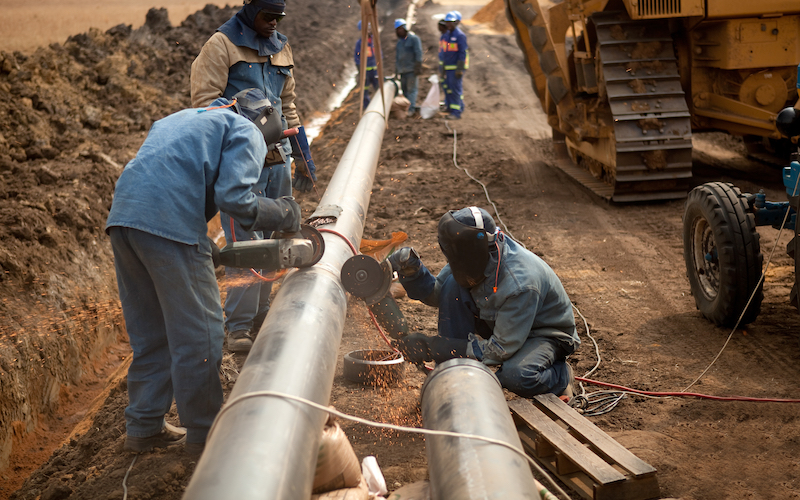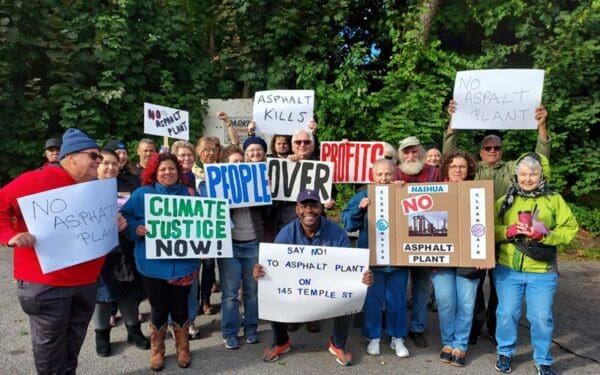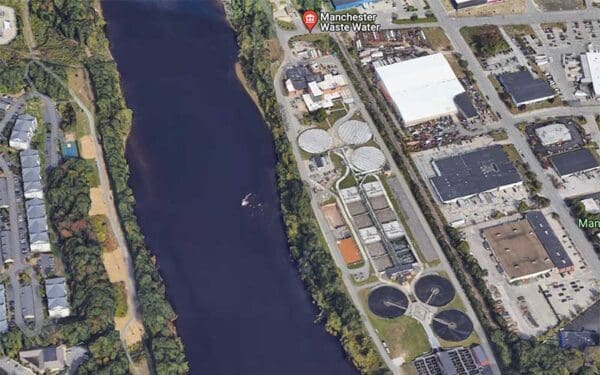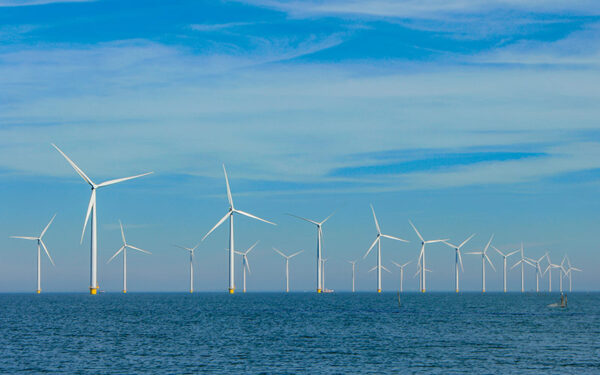
New England doesn't need or want more gas pipelines. Photo: Shutterstock.
“Project Maple” conjures images of New England’s scenic fall season. When you hear the name, you’ll probably think of tree thickets in shifting orange, red, and yellow hues, rustling delicately in the wind.
What you probably won’t think of are gas pipelines snaking across the region. Yet this is exactly what the Project Maple proposal by fossil fuel company Enbridge is: An attempt to expand New England’s natural gas system. This is the same polluting gas system that damages our climate, hurts our loved ones, and fuels extreme weather.
Let’s look at Project Maple and why it’s a bad deal for New England.
What Does Project Maple Propose for New England?
Enbridge wants to expand its 1,100-mile-long pipeline system, the Algonquin Gas Transmission Pipeline. This system runs from New Jersey through New York and into Rhode Island, Connecticut, and Massachusetts.
While the details are vague because this proposal is still in its early stages, we do know that Enbridge wants to replace existing pipelines, add new secondary pipelines, and expand compressor stations throughout the system’s route.
Project Maple Would Hurt the Climate
Simply put, fossil fuels such as gas drive climate change, which is causing extreme weather like the devastating flooding and rainfall we’ve seen in the past year in New England.
Enbridge claims that Project Maple will help the region reach its climate targets because people who are still using oil to heat their homes can switch to gas. But we crossed the gas bridge long ago. Every time we burn gas, we pump more carbon pollution into the atmosphere, which overheats the planet. What we need now are real, direct upgrades to clean, efficient heat technology like heat pumps. And we need to boost renewable energy like solar and wind – which don’t damage the climate – to power that new technology.
Project Maple Would Hurt New Englanders
While Enbridge touts Project Maple’s potential to improve how dependable our energy supply is, the only thing reliable about gas is its price volatility. Our overreliance on this outdated fuel means we’re subject to price spikes every year when we use energy the most – like during the coldest days in the winter.
Additionally, gas customers would be the ones funding this ill-advised project. Money for new pipelines and gas infrastructure comes directly from our utility bills, forcing customers to shoulder the cost of a polluting and expensive system.
As the region moves to slow climate change, Project Maple’s new pipelines will quickly fall into disuse as energy efficiency and clean energy overtake demand for dirty fuels. But sinking into irrelevance doesn’t mean the costs go away: Gas customers will still be forced to pay for these obsolete pipelines for decades. As more people leave gas behind, the remaining gas customers will have to shoulder more of those costs. And the last customers on the gas system will be the ones who can least afford those increasingly high bills: low-income families and renters.
The Project Contradicts the Clean Upgrades New England Needs
Unnecessary new pipelines and pipeline replacements promise to scar the region and steal money away from smarter investments. That’s why Project Maple is a bad deal for New Englanders. Our families and businesses deserve affordable, price-stable, clean energy – not an obligation to an outdated, polluting system.
Since the Project Maple proposal covers so much of the United States (even connecting to Texas), the project is under the federal government’s purview. Enbridge must prove to a federal agency that this project is for the public good, after which the proposal will undergo an environmental review. CLF and our allies will be actively opposing this project before state and federal agencies if it ever becomes a reality. We’ve stopped bad ideas like this before, and we’re ready to step in again to ensure our collective focus is moving forward New England’s clean energy future.




